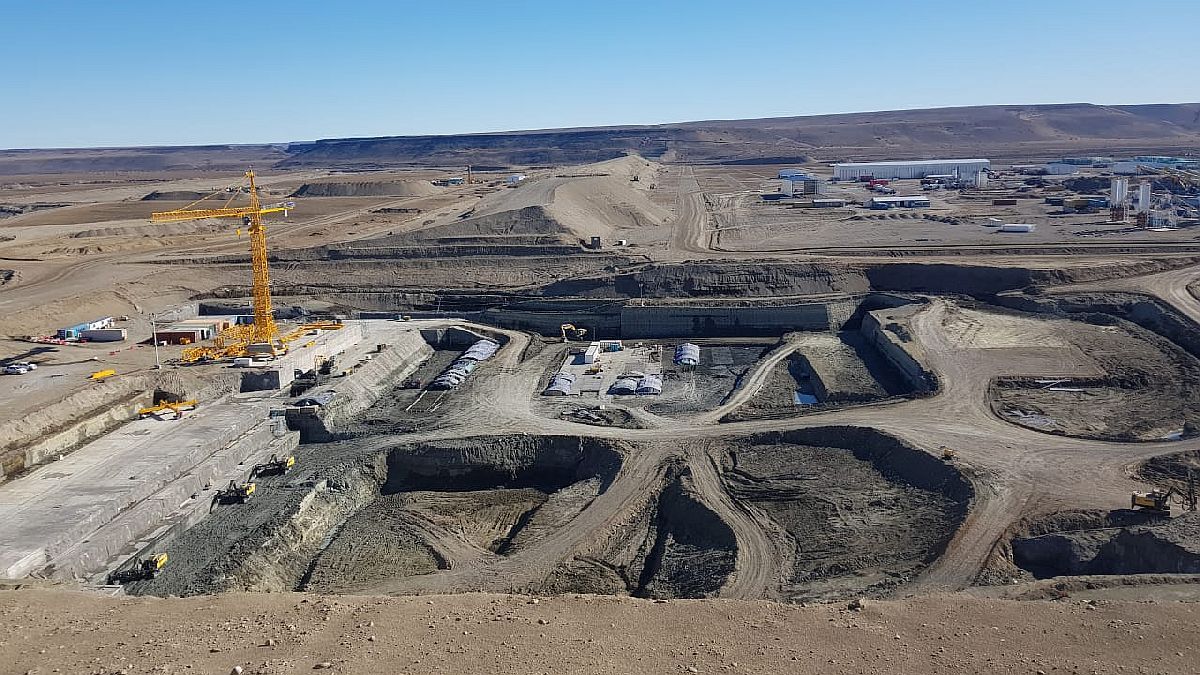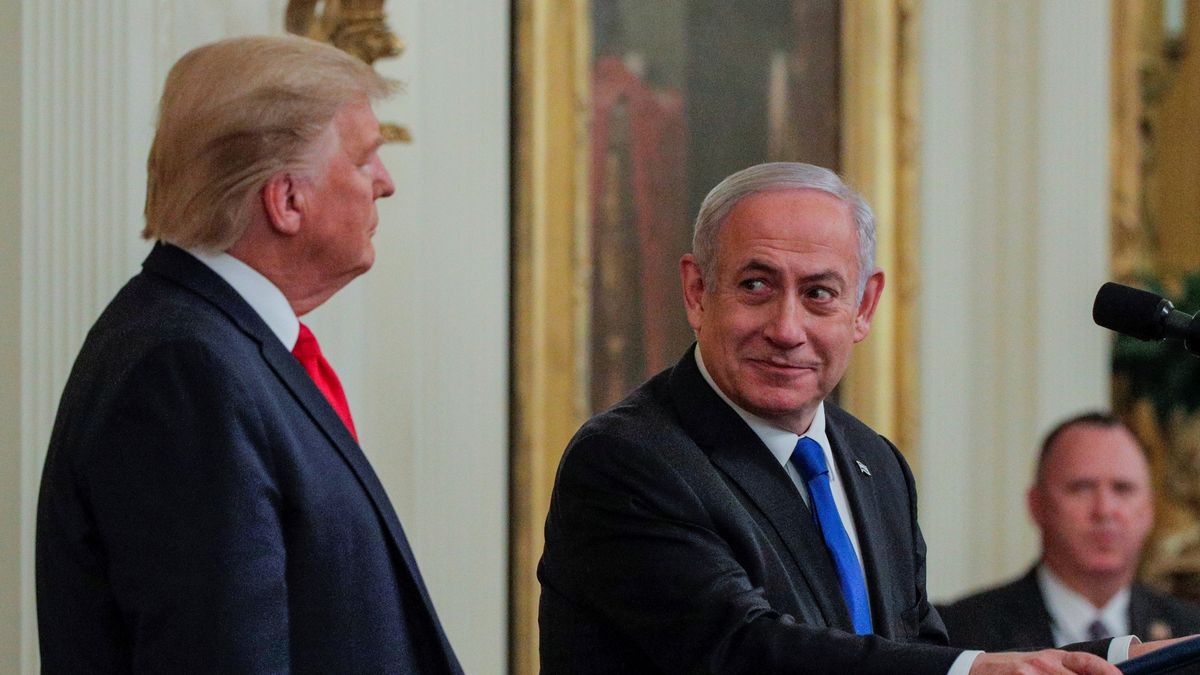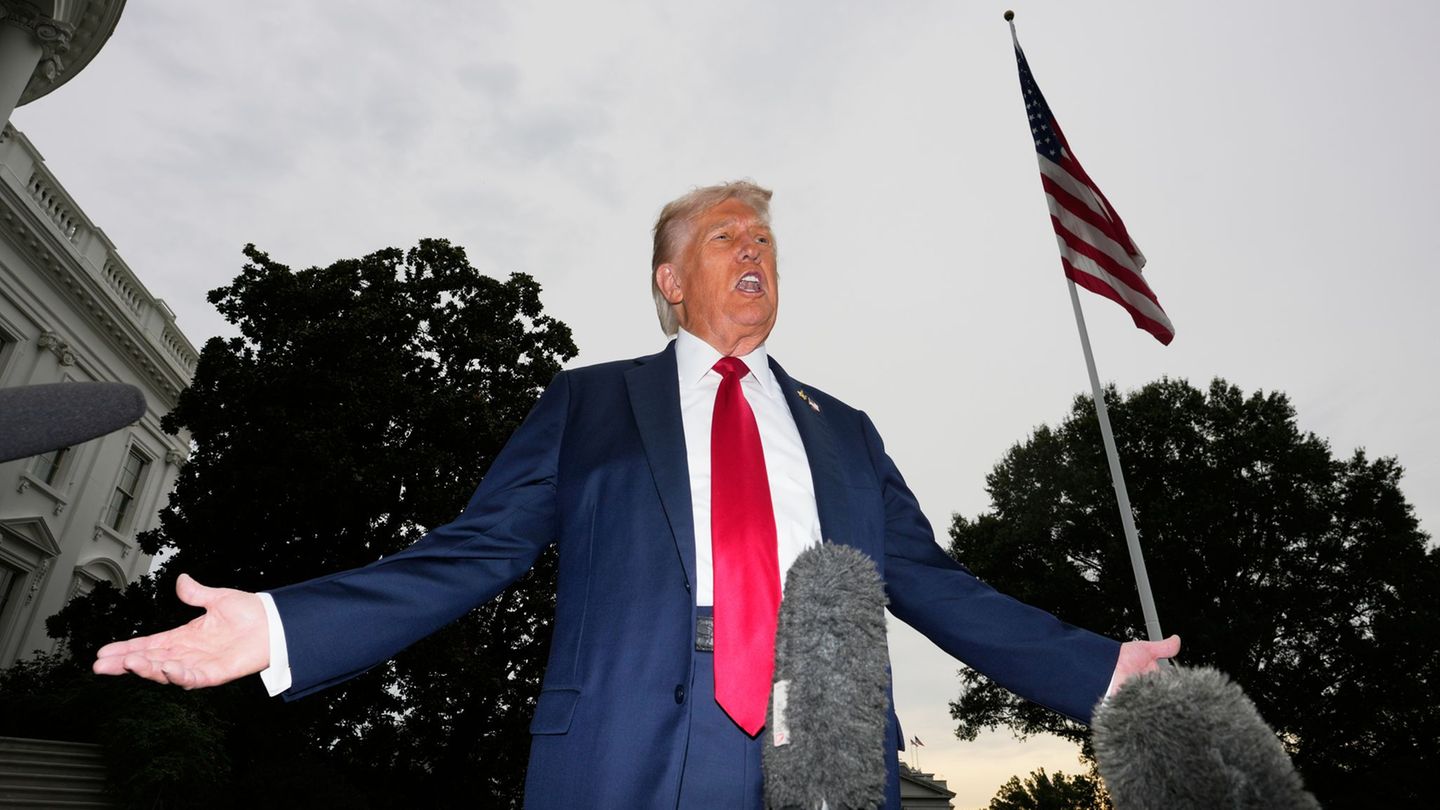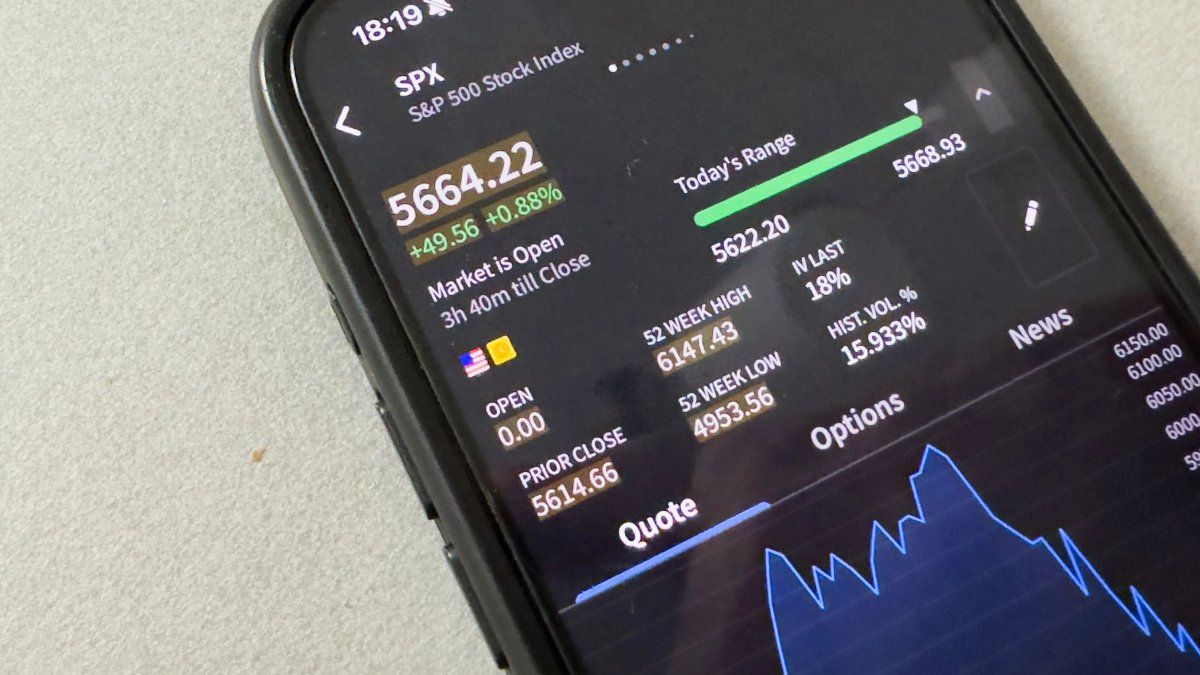According to what they commented within the Government, what delayed the financing was that no documents were presented that confirmed that the reengineering of the work had to be modified. “The one who had the responsibility to do it was Gustavo Béliz,” commented an official source, referring to the former Secretary of Strategic Affairs, who left his post at the end of July. “China is an efficient but bureaucratic country, so you have to present the papers well, and on time,” added the same source. Locked that financing in 2021, it was the Treasury that transferred the money, although now it will stop doing so.
Relations changed at the beginning of August with the arrival of Massa at the Palacio de Hacienda. “He gave him unprecedented speed,” they told this newspaper. The management was carried out by the Argentine ambassador to China, Sabino Vaca Narvaja, in dialogue with Lavagna. Although without a formal position, the head of INDEC, Massa’s trusted economist, was in charge of the relationship with multilaterals. In fact, he traveled with Massa to the United States in the last month for meetings with the IMF, the G20, the IDB and the World Bank.
The Néstor Kirchner and Jorge Cepernic hydroelectric dams have a cost that could exceed the almost US$5 billion initially calculated for the reengineering works, which is why an addendum had yet to be signed. The advantage of this loan made by Chinese banks is that it is later repaid with power generation. The Foreign Ministry and Energy Argentina (the former Enarsa) also participate in the negotiations.
Swap, SDR and Atucha III
Another issue that Lavagna is negotiating with China is the extension of the swap and the arrival of Special Drawing Rights (SDR) to add reserves to the Central Bank. Argentina feels “supported” by China in the IMF negotiations. The official expectation is that a new tranche of the swap with China can be negotiated before the end of the year. The initial discussion was whether to request the extension or a percentage of the use of the swap, because they would be two different dynamics. According to what they commented to this newspaper, the discussion was directed towards the enlargement, in which the head of the Central Bank, Miguel Pesce, also works.
Another issue that could imply a significant influx of dollars is the construction of Atucha III, with a loan of more than US$8,000 million. Although the commercial contract is already signed, “the most complex part is missing”, which is the financial contract, commented official sources. Although in the Government they do not consider this project to be “fallen”, they do recognize that it will take time to unlock it.
Trade deficit
China is Argentina’s second trading partner, after Brazil, despite having been the first for a few months in 2020, during the pandemic. The objective of the Government is to deepen that relationship, but with a change: that it ceases to be in deficit. China is the country with which Argentina has the largest negative balance. In 2021 it was US$7,239 million, according to Indec. Other Latin American countries, such as Chile, Brazil and Peru, have a surplus. The difference lies in the sale of minerals (copper, iron and gold, respectively).
The Government aims to reverse this trade deficit, although not in the short term. Initiatives such as pig farms to stop selling soybeans and selling pork were cut short. Another would be a “more aggressive” promotion so that local products can reach China’s e-commerce platforms, which each may have 600 million users. Nevertheless, the alternative that seems most viable is through the export of minerals, especially in the case of copper.
Only with the start-up of the four most advanced projects, Argentina could be among the top ten copper producers in the world, and export more than US$11 billion by the end of the decade. Today there is no production or exports of this mineral, after the closure of Bajo de la Alumbrera.
Exports with China are concentrated in four products, which account for 80% of sales, they explained in the Foreign Ministry, being primary products or manufactures of agricultural origin. The objective of the Government is to add exports of greater added value, by adding investments from Chinese companies in sectors such as the automotive industry, through the production of lithium batteries.
Source: Ambito
David William is a talented author who has made a name for himself in the world of writing. He is a professional author who writes on a wide range of topics, from general interest to opinion news. David is currently working as a writer at 24 hours worlds where he brings his unique perspective and in-depth research to his articles, making them both informative and engaging.




